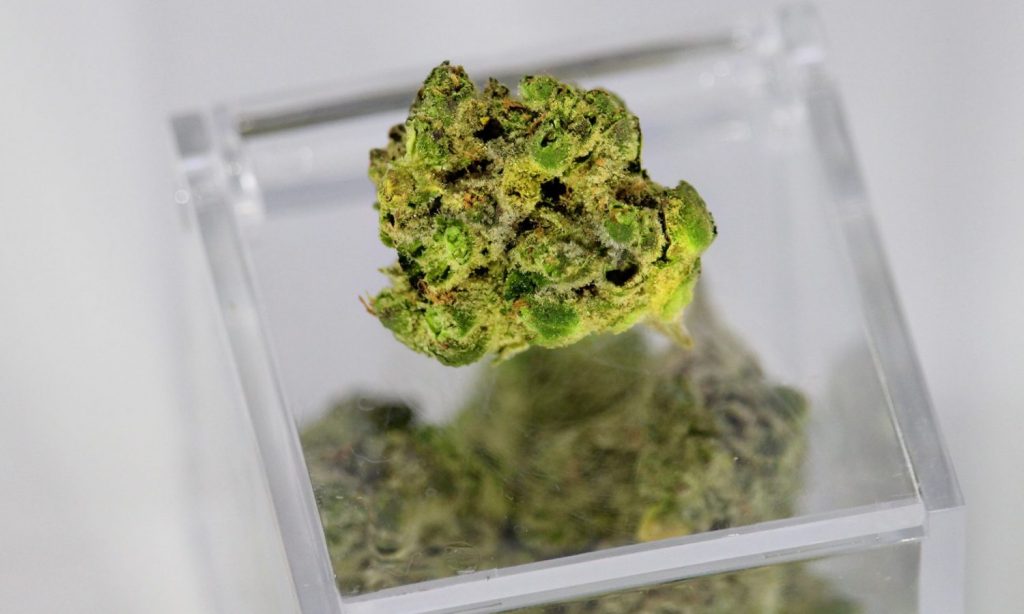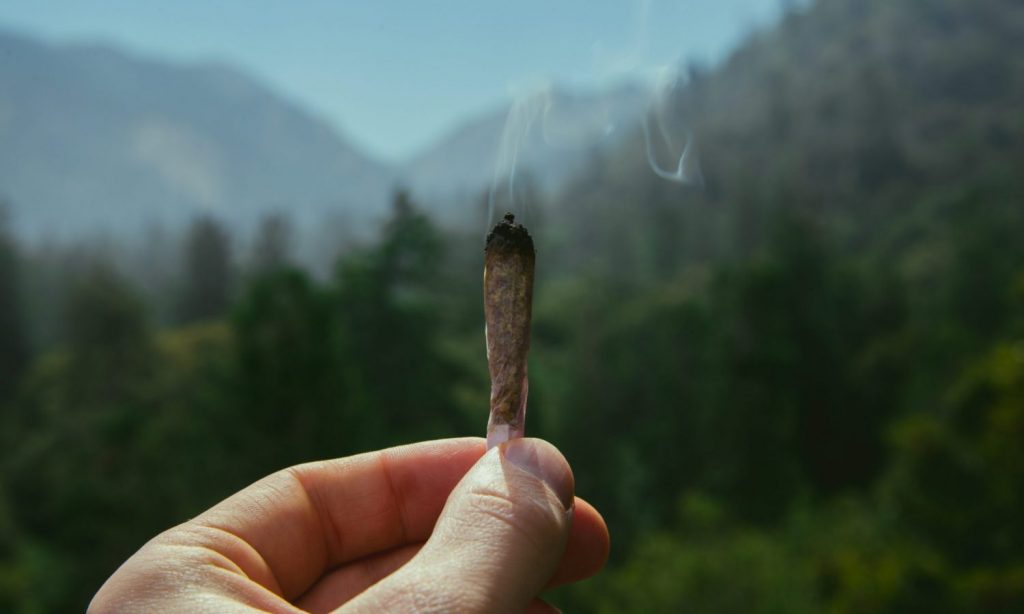While on its face the HIA’s position differs from other prominent industry organizations, it essentially advocates for the same thing: safe, regulated products that will afford the hemp industry tremendous financial opportunity.
For the past year, my colleagues and I have written extensively on the murky legality of Delta-8 tetrahydrocannabinol (THC). We have covered everything from the Drug Enforcement Administration (DEA)’s position on “synthetically derived THC” to the growing number of state bans. You can read more on these issues here:
- R.I.P Delta-8 THC
- DEA Interim Final Rule: What Is “Synthetically Derived THC”?
- Is Delta-8 THC A Controlled Substance?
- Is California Going to Ban Delta-8 THC?
Today, we turn to the Hemp Industries Association (the HIA)’s recent public announcement, in which the nonprofit expressed its support for the controversial cannabinoid.

The HIA statement is significant because it departs from many other hemp organizations’ position on Delta-8 THC. To date, most hemp advocacy groups that have spoken on the matter, including the U.S. Hemp Roundtable, have distanced themselves from Delta-8 THC, which is produced through isomerization, a chemical reaction that combines hemp-derived CBD with a solvent, acid, and heat. This segment of hemp stakeholders, fears the chemically-produced substance may destroy years of efforts convincing lawmakers that hemp is a safe, nonintoxicating, versatile commodity that offers a wide range of commercial opportunities for farmers, manufacturers, distributors, and retailers.
RELATED: R.I.P. Delta-8 THC: Why States And DEA Want It Banned
It is true that most Delta-8 THC sold in the U.S. is largely unregulated, readily accessible to minors and highly coveted for its psychoactive effects. For these reasons, it is easy to see how the controversial cannabinoid could further stigmatize and bring down the entire industry before it has an opportunity to show the plant’s full potential.
While the HIA’s position diverges from other hemp groups’, it isn’t surprising given the organization’s track record of defending the interests of the hemp industry. Since 1994, HIA has initiated four lawsuits, including two filed in the fall of 2020, in which HIA challenges the legality of the DEA’s controversial Interim Final Rule, which, in part, menaces the burgeoning Delta-8 THC industry by broadly stating that “[a]ll synthetically derived tetrahydrocannabidiols remain schedule I controlled substances.” This language is at the root of the legal uncertainty surrounding Delta-8 THC, and DEA has yet to clarify whether it actually takes the position that the conversion of hemp-derived CBD into Delta-8 THC renders the substance a “synthetically derived” THC.
RELATED: Demand Is Booming For Delta-8
The HIA’s position on the legality of Delta-8 THC consists of an 11-page document drafted by the organization’s attorneys, Rod Kight and Philip Snow, and of a press release, which are briefly summarized as follows:

- Delta-8 THC derived from hemp is federally legal.
- The 2018 Farm Bill broadly defines “hemp” to include the whole plant, as well as its cannabinoids and derivatives, that contain no more than 0.3% total THC. In addition, the federal law expressly removes “hemp” from the definition of marijuana under the federal Controlled Substances Act (the CSA). So even though most Delta-8 THC found on the U.S. market is derived through the isomerization of hemp-derived CBD, the substance is “hemp” because it is a derivative of a derivative of hemp.
- Although Delta-8 THC has psychoactive effects and questions remain as to whether it is a “synthetic,” Delta-8 THC should not be treated as a controlled substance because it is not substantially similar to Delta-9 THC in its structure and its psychoactive effects.
- Even if Delta-8 THC qualifies as a “synthetically derived THC”, the substance is not a controlled substance because the 2018 Farm Bill defines “hemp” to include its “derivatives”, which by definition are “synthetic.”
- In accordance with the legal theory of “lex specialis”, Delta-8 THC is not a controlled substance because the 2018 Farm Bill is more specific than the CSA in that it expressly removes “hemp” from the CSA compared to the CSA, which generically refers to “THC.” As such, the 2018 Farm Bill overrides the contrary general provisions of the CSA.
Side Note: Though seemingly sound, the legal arguments made by the HIA are purely theoretical as they have yet to be tested in a court of law.
- A regulatory framework is vital to ensure consumer public safety.
- Although more scientific studies are needed, history has shown natural cannabinoid consumption has been safe for thousands of years.
- The HIA advocates for the regulation of the production of these products with an emphasis on consumer safety grounded in science.
- The HIA invites industry leaders to adopt high quality and testing standards and to market these products through transparent and accurate labeling to build consumer confidence and expand the market.
- Prohibition further exacerbates the threat to consumer safety created by unregulated markets. The HIA calls on state lawmakers to eschew ineffective bans and favor instead partnering with hemp industry experts to develop hemp policies that safely open markets, fosters innovation, spurs investments, and creates jobs.
RELATED: Delta-8 Vs Delta-9: What’s The Difference?
So while on its face the HIA’s position differs from other prominent industry organizations, it essentially advocates for the same thing: safe, regulated products that will afford the hemp industry tremendous financial opportunity.
is an attorney at Harris Bricken. This article was originally published on the Canna Law Blog and is reposted with permission.


